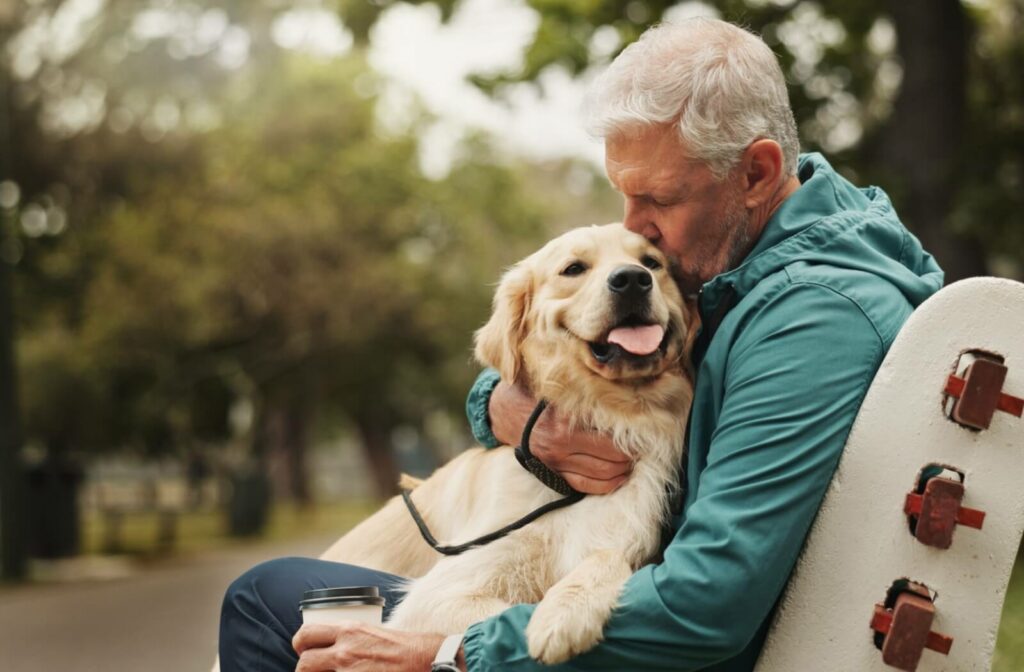Key Takeaways
- Touring a personal care community offers valuable firsthand insights that brochures can’t provide, helping families assess the true environment.
- Asking specific questions about daily support, staff training, dining options, and safety ensures that the community aligns with a loved one’s needs.
- Understanding the community’s staff-to-resident ratio is crucial for evaluating the level of attention and care residents will receive.
- Observing interactions between staff and residents during the tour provides insights into the community’s atmosphere and overall culture.
- Trusting personal instincts and gathering real-time responses during the tour can lead to more informed decision-making for families.
What to Ask During a Personal Care Community Tour
Choosing a personal care community is a major step for families. Tours provide the opportunity to see the environment, observe interactions, and ask detailed questions that reveal how a community truly functions. Beyond amenities or décor, the answers your family receives will help them understand the community’s approach to care, connection, and daily living.
Families should ask specific questions during a personal care community tour to better evaluate whether the environment aligns with their loved one’s needs and values. These questions cover daily support, staff training, dining, wellness, social opportunities, and safety.
Why Touring Personal Care Communities Matters
Touring in person allows families to see beyond brochures and websites. It offers a chance to step into daily life and gather impressions that written materials cannot provide.
During a tour, families can:
- Experience the atmosphere firsthand by walking through hallways, dining spaces, and gathering areas. This helps reveal the overall comfort and feel of the community.
- Observe interactions between team members and residents, noting whether the environment feels respectful, warm, and engaging.
- Understand each community’s philosophy by asking questions in real time. This ensures important details about support and lifestyle are not overlooked.
- Trust their instincts by paying attention to body language, tone of voice, and overall energy. These subtle cues often provide insight into what everyday life may be like.
A visit offers a fuller, more authentic picture of whether the community aligns with a loved one’s needs and preferences.
Questions to Ask About Services and Staff
What Support Is Available Day-to-Day?
Daily support is one of the most important aspects of personal care. Ask how team members assist with tasks such as bathing, dressing, grooming, or medication management. Understanding how these services are personalized ensures that a loved one will feel supported without losing independence.
It is also important to ask how support changes over time. Needs can shift gradually, and families should know whether services are flexible enough to adapt. A community that can provide increased assistance while maintaining comfort helps community members stay in the same place longer.
How Are Meals and Dining Experiences Handled?
Meals are not only about nutrition but also about enjoyment and connection. Ask about the structure of dining: Are meals served restaurant-style, or is there a cafeteria approach? Understanding the format helps families imagine the dining experience.
Inquire about menu variety and whether the community accommodates dietary needs, allergies, or cultural preferences. Meals should be designed to support health while also being enjoyable. Asking about opportunities for family members to join meals can also highlight how community and family connections are encouraged.
What Is the Staff-to-Resident Ratio?
The number of team members available on each shift directly affects how much attention community members receive. Ask about ratios for daytime, evening, and overnight staffing, since needs vary across different times of the day. A higher staff-to-resident ratio typically means more responsive support.
It is also useful to ask about coverage during emergencies or busy periods. Understanding how responsibilities are managed provides reassurance that care will be consistent. Ratios should be balanced in a way that prioritizes safety and personalized attention.
How Are Team Members Trained and Supported?
Training is essential to providing reliable and compassionate care. Ask about the type of training programs in place for team members and whether continuing education is part of their development. Training in wellness, safety, and specialized areas such as dementia care shows a commitment to high standards.
It is also valuable to know how team members are supported in their work. Communities that emphasize teamwork, communication, and professional growth tend to retain experienced staff. Consistency in staffing often leads to stronger relationships between team members and residents.
What Wellness and Medical Support Is Provided?
Personal care communities are not medical facilities, but many offer wellness services and limited healthcare support. Ask about routine wellness checks, visiting medical professionals, or partnerships with local healthcare providers. Understanding the level of medical support helps families prepare for both everyday needs and unexpected situations.
Families should also ask how outside medical appointments are coordinated. Transportation for healthcare visits or connections with local providers can make a meaningful difference in maintaining continuity of care. Wellness support should feel integrated into daily life without being intrusive.

Questions About Lifestyle and Community
Are Pets Allowed?
Pets provide comfort and companionship, so it’s important to ask about pet policies during your tour. Some communities welcome small pets, while others do not. If pets aren’t allowed, families may need to consider rehoming with relatives or arranging other care.
Even when pets can’t live onsite, many communities offer ways to connect with animals through therapy visits, local shelter outings, or volunteer programs. These options still provide the joy and calming benefits of animal companionship.
What Programs Are Available?
Programs help community members stay active, engaged, and fulfilled. Ask about the range of events, classes, and sessions offered daily or weekly. Programs may include fitness, arts, cultural outings, or lifelong learning opportunities.
It is important to understand whether these programs are resident-driven. Communities that ask for input and adjust schedules to meet preferences demonstrate flexibility. A diverse program calendar helps ensure that every community member finds something meaningful to enjoy.
How Does the Community Encourage Social Connections?
Social well-being is just as important as physical health. Ask how the community creates opportunities for residents to connect, whether through group dining, shared spaces, or organized events. Look for signs that social life is vibrant and inclusive.
For families, it may also be important to ask whether there are family engagement opportunities. Events that welcome families help maintain close bonds while expanding the resident’s circle of connection. A strong social environment can reduce loneliness and promote a sense of belonging.
What Kind of Transportation Is Offered?
Transportation services support independence and access to the outside world. Ask whether transportation is available for medical appointments, shopping, religious services, or recreational outings. Reliable transportation ensures residents can remain active beyond the community’s walls.
It is also helpful to know how transportation is scheduled and whether residents can request individual rides. Clear policies prevent confusion and make it easier for families to coordinate with the community. Flexible and dependable transportation services contribute to peace of mind.
How Are Safety and Security Prioritized?
Safety is an essential part of daily comfort. Ask how the community secures entrances, manages visitor access, and responds to emergencies. Details such as emergency call systems in apartments or team member availability at night provide reassurance.
Families should also ask how safety measures balance with a welcoming environment. The goal is to maintain security without creating a restrictive atmosphere. Communities that prioritize both safety and independence help community members feel secure while still enjoying freedom.
How to Choose the Right Personal Care Community
Choosing the right community involves more than checking off features. Families should reflect on how the community felt during the tour. Were community members engaged and content? Did the environment feel welcoming and comfortable? Did team members seem approachable and attentive?
After touring several communities, creating a comparison list can help. Ranking priorities such as dining, wellness, social opportunities, or location allows families to match a community to their loved one’s values. Asking the same questions at each tour ensures a fair comparison.
Ultimately, the right personal care community supports independence while providing reliable assistance. It should offer a balance of safety, engagement, and comfort that feels natural rather than restrictive. Families should feel confident that their loved one will be supported both now and in the future.
Your Choice for Personal Care in Mount Joy
Touring a personal care community gives families the insight needed to make an informed decision. Asking detailed questions about daily support, staff, wellness, lifestyle, and safety helps uncover whether a community is truly the right fit.
Your family is encouraged to schedule a visit to our community and experience firsthand how Juniper Village at Mount Joy provides a welcoming space where dignity, joy, and hometown spirit come together.







